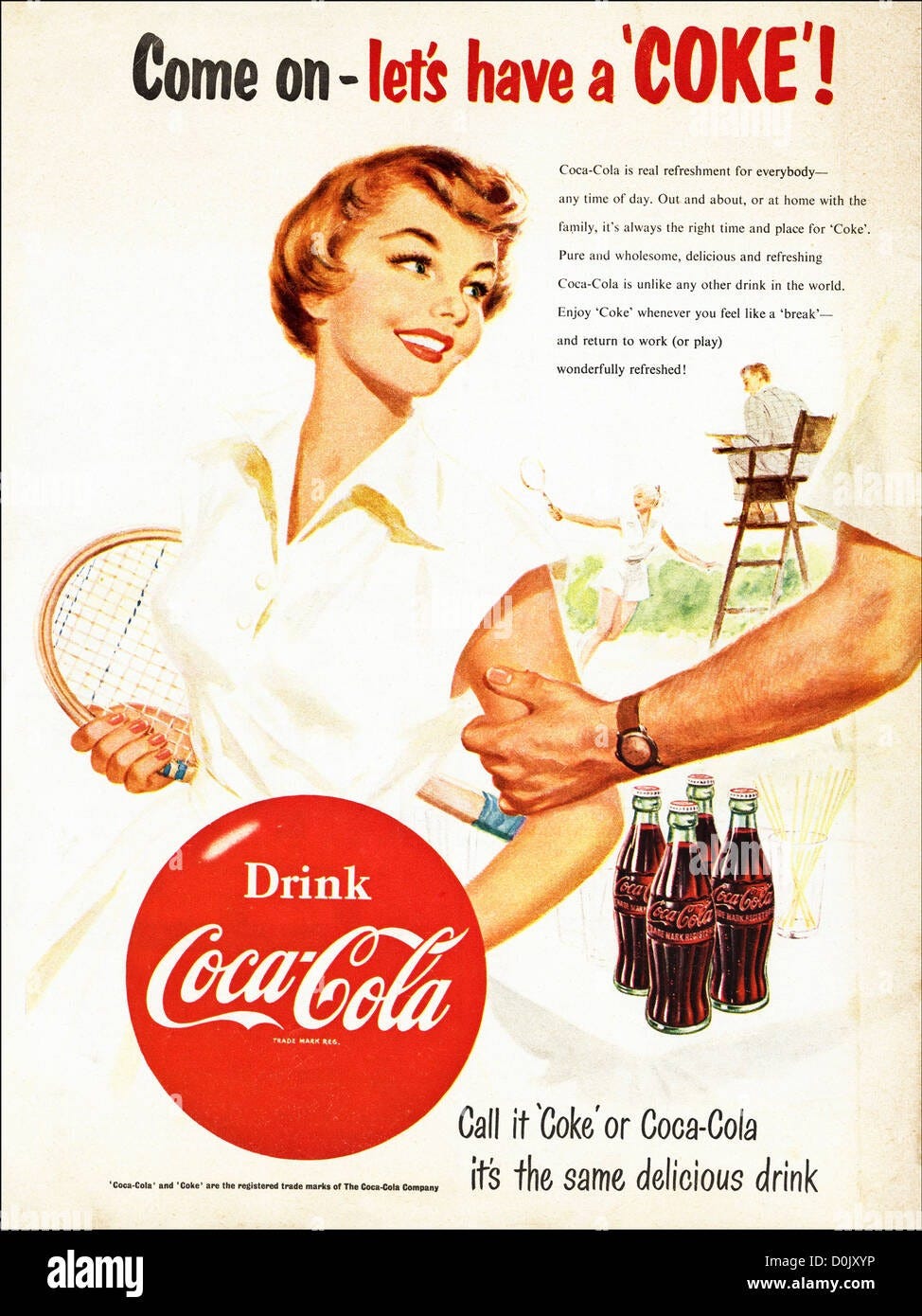Merry Christmas!
OMG This is Exactly What I Wanted! (An essay about Targeted ads + Organic D2C Content)
Merry Christmas! I hope Santa got you what you asked for. But far more likely, is that the neatly wrapped presents under the tree originated as well-placed ads in your loved one’s Instagram feeds.
I was talking to my mom, and she said that she has ordered clothes from the Instagram Shop on multiple occasions. This is crazy, considering that Mom and Dad were in fierce opposition to the creation of my Instagram back in 2013. I mean, it makes sense. People used to hang out at the mall, but now we just DM each other Reels. It only makes sense that retailers found a way into the (virtual) place where we spend the most time.
Today’s ads are radically different from the ads I remember watching when I grew up. My parents used to watch Indian Soap Operas and an Astrologer named Prem Jotish used to announce his phone number while soothing music and graphics cycled in the background. Who the hell pays for this stuff, I would often think to myself. As far as my memory stretches, I can’t recall a time when an ad on TV made me get up off the couch and beg my mom for the thing being peddled by the TV salesmen.
Now that I’m older, I find myself being gently tugged by these sneaky marketers. I recently bought a new watch. It was $250, which while cheaper than many watches on the market is a figure I deem to be sizable. And I bought the watch because of an Instagram ad. While it wasn’t enough for the ad alone to sell me on the product, it served as a catalyst that got me to engage with the brand. I followed Vaer Watches on Instagram, watched YouTube reviews about their content, read their blog, and mulled over my decision. Most of their watches were cool, but I couldn’t find one that stood out. I swiped the app shut and gave up on my potential purchase.
Thanksgiving came around and I saw that Vaer Watches had a sale on a recently restocked timepiece that I found to be quite compelling. I did some research and mulled over my potential purchase. Finally, I decided to buy it. The lingering post-purchase regret I felt faded when a trusted YouTuber I subscribe to announced his partnership with Vaer. And not just the brand, but specifically the C3 Dirty Dozen, which was the exact SKU that I have.
This social proof at scale is a masterclass of Meta and TikTok’s engineering; they've somehow figured out how to deliver relevant ads to billions of people without seeming tacky. I think my purchasing habits are synonymous with many people in my generation. We are willing to buy products that we discover online. And my thesis is that we’ll buy more than just shitty tee shirts or gimmicky mugs: we will discover and purchase big ticket items over the internet.
But there’s an asterisk to my claim. A sponsored ad alone is a tough sell; however, good organic content paired with social media’s surgical precision can make a compelling case for first-time customers.
To support my thesis, I have another example in my back pocket...
Us early 2000s kids love REI, but recently, my nostalgia has been overtaken by a new player in the space: Huckberry. Huckberry sells a mix of outdoorsy clothing, home goods, footwear, and accessories; what sets them apart from the pack is their outstanding organic content. They make videos about travel, food, and adventure without mention of the products sold on their site. They subtly have their characters wear, use, and highlight products that can be purchased on their website.
Josh Rosen is the host of “Dirt”, Huckberry’s cooking series. He doesn’t ask viewers to visit their website, purchase their products, or even mention that the clothes he is wearing are sourced from his employer. He simply tells a story. His story, told under the Huckberry umbrella, is so compelling that anytime I feel the urge to buy, the name Huckberry comes to my mind.
Now as an amateur substack blogger, I will tie my claim into the greater theme of the Bicoastal blog with no transition.
If Huckberry’s subtle advertising works so well, can we as young adults implement this strategy into our own lives?
Yes! The key principle that these brands are using is creating content without a clear ROI. Josh Rosen’s show likely costs the brand a fortune, and has no short-term ROI. What it does do is create a brand image. Can learn from this technique? Yes! We, like Huckberry, must put content out into the world without an expectation for immediate return. It’s cringy to send people LinkedIn DMs and cold emails in search of miscellaneous opportunities. To avoid these (sometimes necessary) evils we can create an online presence that others engage with for no clear purpose. When an opportunity comes around, our audience will think first of us.
Be like Huckberry, create cool content, and trust that it will eventually pay off.
Happy Holidays,
Rajveer



Merry Christmas Rajveer!